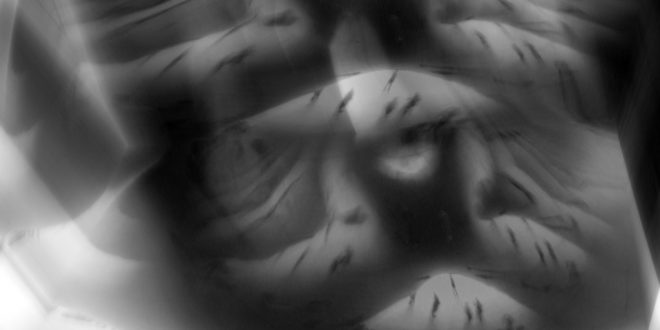Imagery rescripting (ImRS) effectively targets intrusive images and symptoms in a number of disorders, but the mechanisms of change behind it are not yet clear. This study investigated the impact of ImRS on the characteristics of adverse self-defining memories and post-recall working selves in a non-clinical sample. In the first session, participants recalled an adverse memory and completed state self and affect measures. Then they attended an ImRS session and a follow-up session one week later. Participants rated their memory as less negative, less distressing and less important for their sense of self at follow-up compared to the first session. They also reported higher state self-esteem and positive affect, as well as reduced negative affect and anxiety after recalling the memory. Results suggest that, by modifying the meaning of adverse memories, ImRS may facilitate their integration with individuals’ sense of self and reduce the negative impact that they have on individuals’ online representation of the self when retrieved. An implication of these findings is that cognitive-behavioural therapy may need to conceptualise the self in broader terms, moving beyond core beliefs. To complement this, research could focus on changes in patients’ sense of self in order to understand the mechanisms through which interventions like ImRS work.
Read full article: Çili, S., Pettit, S., & Stopa, L. (2017). Impact of imagery rescripting on adverse self-defining memories and post-recall working selves in a non-clinical sample: a pilot study. Cognitive Behaviour Therapy, 46(1), 75-89. http://dx.doi.org/10.1080/16506073.2016.1212396
Photo by: Kevin Dooley
 Cognitive Behaviour Therapy A peer reviewed, multidisciplinary journal devoted to the application of behavioural and cognitive sciences to clinical psychology and psychotherapy.
Cognitive Behaviour Therapy A peer reviewed, multidisciplinary journal devoted to the application of behavioural and cognitive sciences to clinical psychology and psychotherapy.




